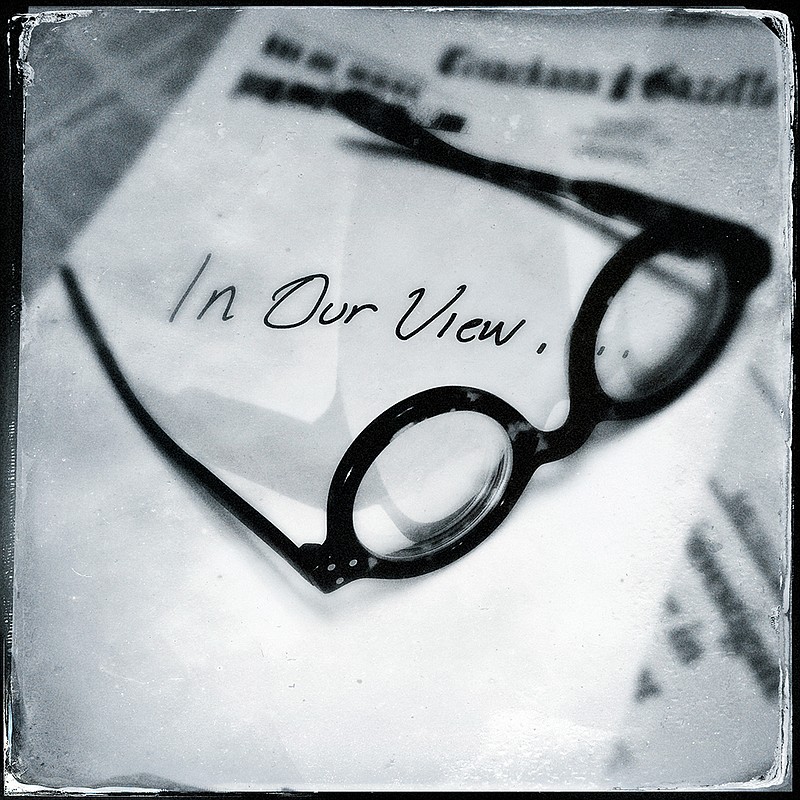In 1974, the Caribbean island of Grenada became it's own nation, independent from the United Kingdom.
From the beginning there was internal strife, resulting in a revolution which installed Maurice Bishop as prime minister.
But violent change leads to the same and in 1983 Bishop was overthrown and eventually executed.
Grenada's military, backed by Cuba and the Soviet Union, took over the government and enforced a curfew, announcing anyone on the streets would be executed.
The Organization of Eastern Caribbean States and other Caribbean countries looked to the U.S. and President Ronald Reagan for help.
They got it.
On October 25, 1983, Operation Urgent Fury began. U.S. troops with the assistance of forces from the Barbados-based Regional Security System invaded the island.
It only took a few days. By Nov. 1 the last Grenadian and Cuban troops had surrendered. The toll was 19 U.S. troops killed and 116 wounded. The Cubans lost 25, with 59 wounded. Grenada reported 45 dead with 358 wounded. At least 24 civilians also died.
Among those rescued were a number of U.S. medical students and the island's governor-general, who had been placed under house arrest.
President Reagan was lauded in the U.S. and in much of the Caribbean for his quick and decisive action. But there was heavy criticism from Canada and Europe. The United Nations condemned the invasion.
And the aftermath? Well, today Grenada is a stable democracy. And October 25 is is a national holiday, known as Thanksgiving Day.
That's the legacy of President Reagan and Operation Urgent Fury. And a fine one it is.

